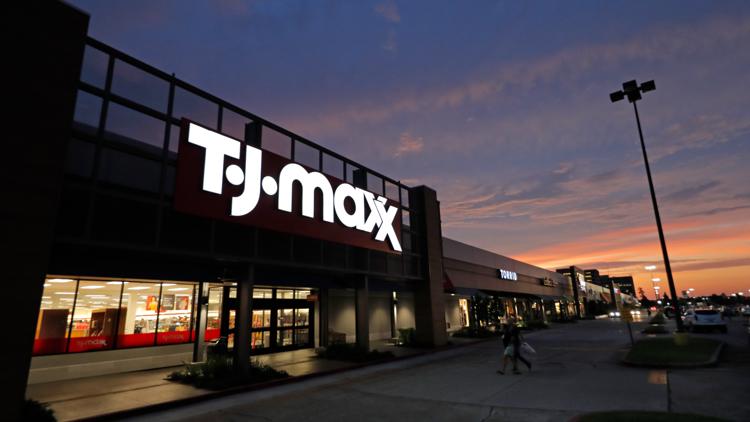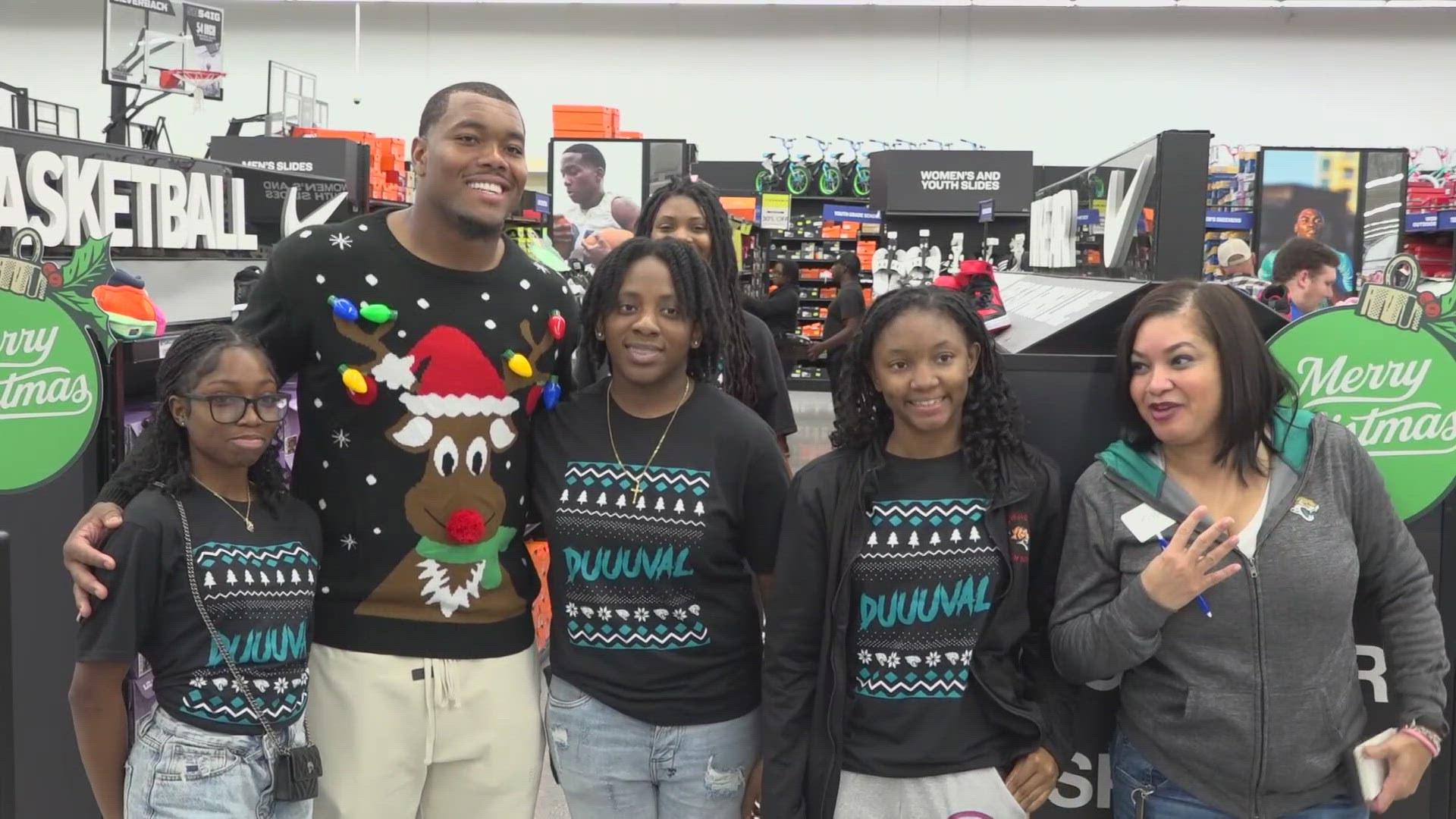WASHINGTON — TJ Maxx, Marshalls and HomeGoods stores have equipped some employees with body cameras to help curb shoplifting.
In an earnings call last month, parent company TJX's financial chief John Klinger revealed that the body-cam initiative on some employees began late last year. The retail company said the cameras are a "balance between protecting goods and making sure that customers can shop easily."
"It's almost like a de-escalation." Klinger said in the May 22 call. "People are less likely to do something when they're being videotaped."
The body cameras are being worn by the retail stores' unarmed security guards, referred to as Loss Prevention Associates. These employees undergo "thorough training on how to use the cameras effectively in their roles," the company said in a statement.
"Body cameras are just one of the many ways that we work to support a safe store environment," a TJX spokesperson said. "We hope that these body cameras will help us de-escalate incidents, deter crime and demonstrate to our Associates and customers that we take safety in our stores seriously.”
TJX said video footage is only shared with law enforcement upon request or in response to a subpoena.
TJX stores aren't the only retailers looking to thwart shoplifters.
In March, Dollar General announced it would be removing self-checkout completely from hundreds of locations with the highest amount of shoplifting and product losses, while adding restrictions for self-checkout in thousands of other stores.
Additionally, retailers have been adding cameras or sensors at self-checkout kiosks to monitor shoppers.
Kroger, for example, has deployed artificial intelligence technology at a majority of stores that triggers alerts when something is amiss. For example, if a shopper fails to scan a particular item successfully, the system flags the error on the screen and prompts the customer to self-correct. If customers are unable to resolve the issue themselves, a light above the self-checkout blinks to attract workers' attention.



